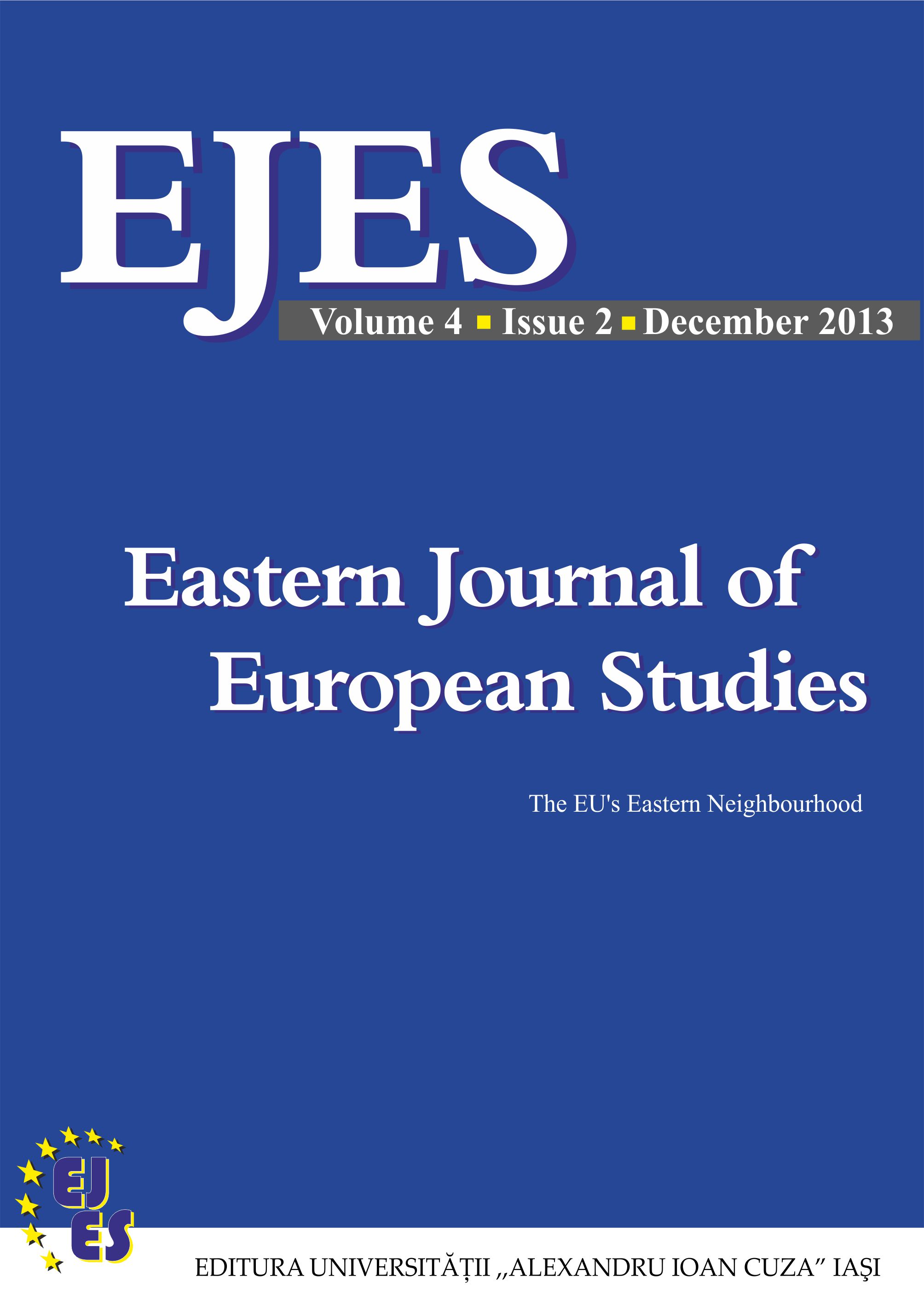Higher education as soft power in the Eastern Partnership: the case of Belarus
Higher education as soft power in the Eastern Partnership: the case of Belarus
Author(s): Giles POLGLASESubject(s): Politics / Political Sciences, Higher Education , EU-Approach / EU-Accession / EU-Development
Published by: Editura Universităţii »Alexandru Ioan Cuza« din Iaşi
Keywords: Eastern Partnership; European higher education; Bologna process; Belarus;
Summary/Abstract: The use of higher education (HE) as ‘soft power’ has a long history in Europe. In the contemporary policy framework, the European Union (EU) has utilised the transformative power of HE in the Eastern Partnership (EaP) via initiatives such as Erasmus Mundus, Marie Curie and Tempus to create active teaching and research partnerships with non-member states; and by doing so, it reiterates the EU’s commitment to the European Higher Education Area (EHEA) and the Bologna Process. Although laudable, these polices have had a limited effect in Belarus which has remained a laggard in its engagement with EHEA. Belarus remains a non-signatory to the Bologna Process, has limited introduction of the Bologna structure and has only partially engaged in the European Credit Transfer and Accumulation System (ECTS). Student mobility from Belarus within the EHEA is poor and non-governmental HE initiatives, such as the European Humanities University (EHU), have succumbed to internal politics resulting in the formation of a ‘university in exile’. This paper explores how effective EU HE policies have been in Belarus and offers examples of initiatives with the potential to develop HE as a transformative power in the country.
Journal: Eastern Journal of European Studies
- Issue Year: 4/2013
- Issue No: 2
- Page Range: 111-121
- Page Count: 11
- Language: English

